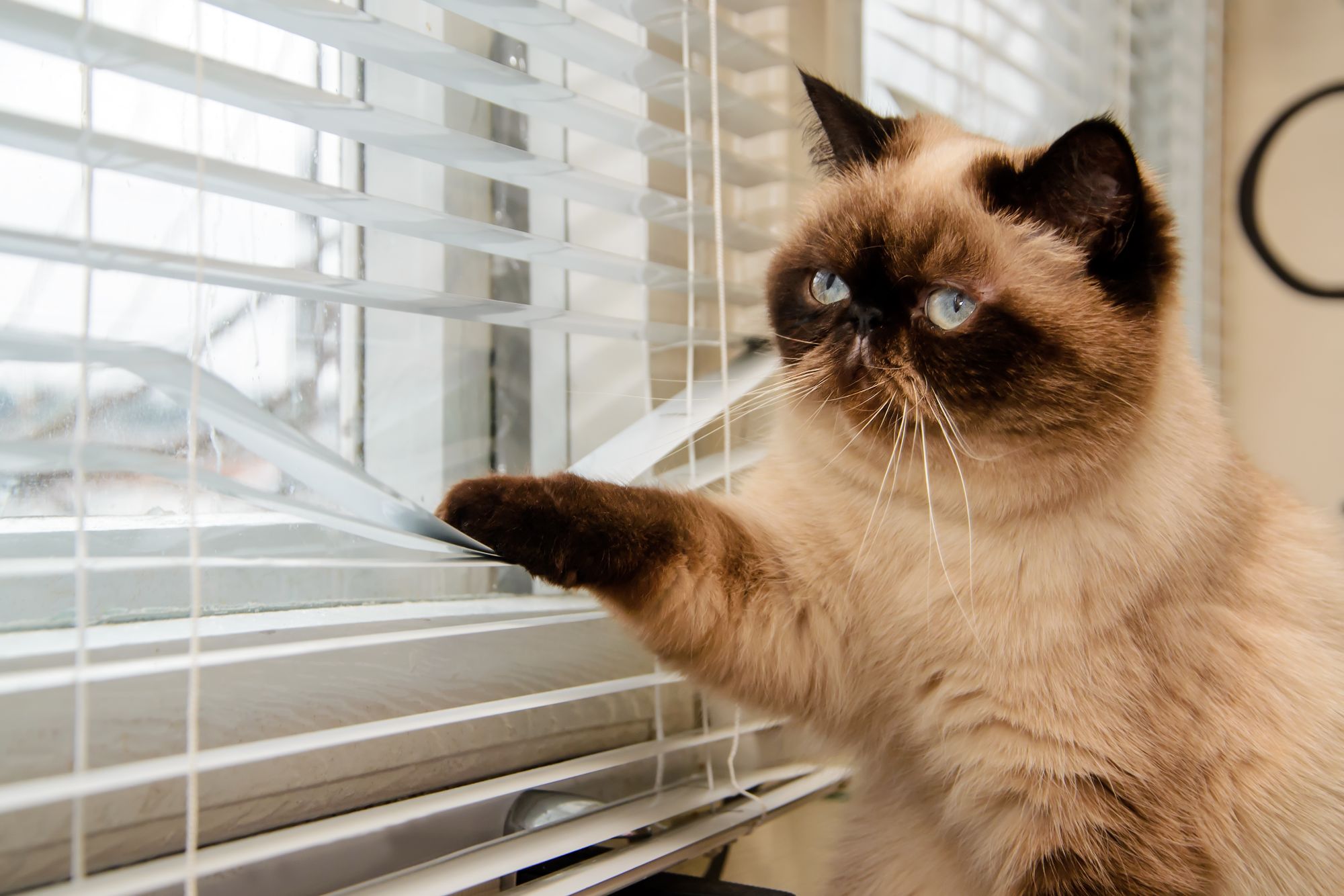Did You Miss Me? (Feline Separation Anxiety is a Real Thing, Too)

While our kitty companions may be good at pretending like they don’t really need you, the truth is that cats love and become attached to their owners as well. While separation anxiety is a well-described and recognized phenomenon in dogs, our team at Harpeth Hills Animal Hospital understands that feline separation anxiety is a real thing, too. Here’s what you need to know:
Separation Anxiety Basics
Separation anxiety is a stress response that is triggered when an animal is separated from someone or something that they have become bonded to. While separation anxiety is often diagnosed in dogs, it is becoming more and more clear that feline separation anxiety is real as well.
Cats who were orphaned, weaned early, or otherwise abandoned early in life seem to be more prone to developing this condition. Likewise, over COVID quarantines, many pets became accustomed to their humans being home an inordinate amount of the time, which set them up to have anxiety as their humans return to normal activities outside the home.
Separation anxiety in cats may be mild-to-severe and may show itself in different ways. Some behaviors of cats with separation anxiety can include:
- Vocalizing
- Not using the litter box appropriately
- Decreased appetite
- Destructive behaviors such as scratching or knocking things over
- Overgrooming
- Excitable behavior when their person returns
It is a nice feeling to know that your cat missed you, but when anxiety ensues, your pet’s health and your relationship may be at stake.
Clawing Out Feline Separation Anxiety
If you feel that feline separation anxiety is affecting your cat, be sure to make an appointment to see us right away. The first thing to do is to be sure that there are no underlying medical issues at play that are contributing to the troublesome behaviors.
If your cat is deemed healthy, then there is work to be done. We will help you with a behavior modification plan to help your cat handle separation from their favorite companion without anxiety. You are not doomed to stay home with your cat forever!
Steps may include:
- Increasing physical exercise by incorporating short play sessions into your cat’s day
- Stimulating your cat’s brain and encouraging time away from you with puzzle feeders, interactive type toys, and interactive treat dispensers
- Maintaining a calm and enriched environment by utilizing feline pheromones, calming music, vertical space, and rotating toys
- Keeping a predictable daily schedule for your nervous Nellie
- Altering your departures and returns to make them less of a production
Depending on the severity and circumstances, we may also recommend calming supplements or medications to help teach your cat that they are safe and can be happy even in your absence.
Don’t ignore signs of feline separation anxiety. When early interventions are made, it is much easier to correct this condition. We are here to help you however we can, and we believe that behavior management is an important part of pet wellness. Don’t hesitate to ask us for help in strengthening your bond with your cat.

